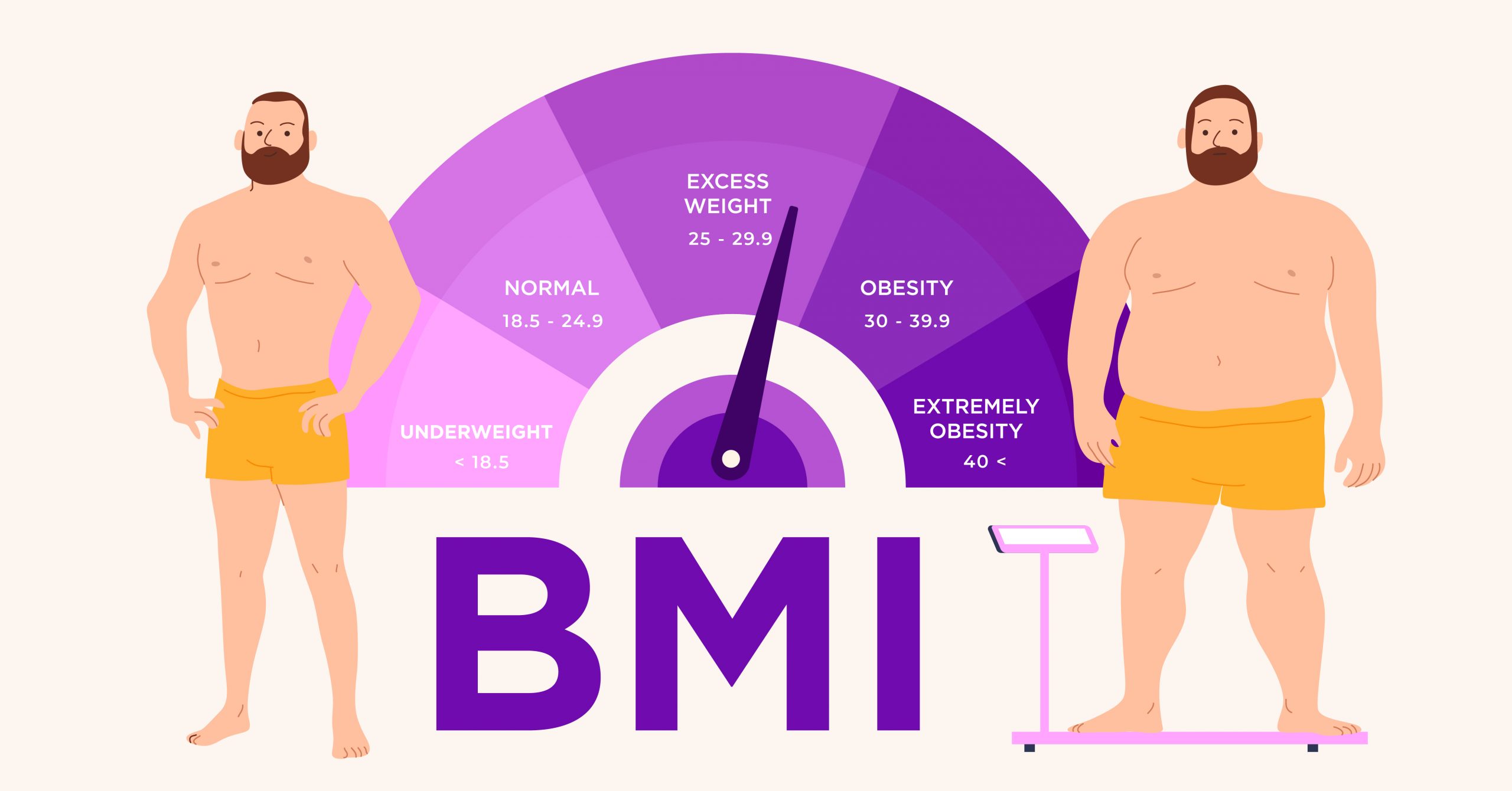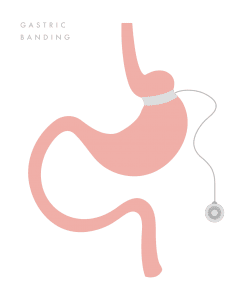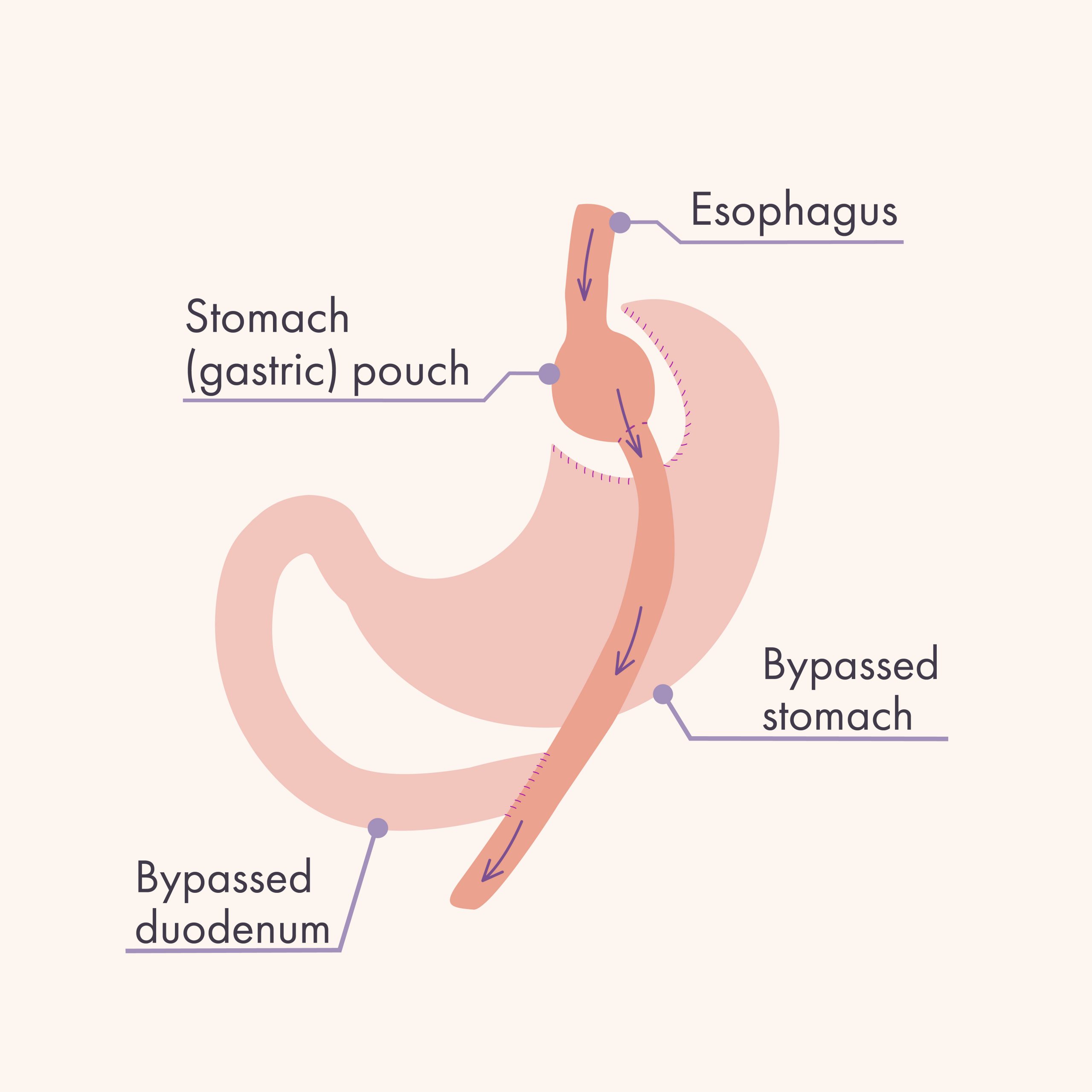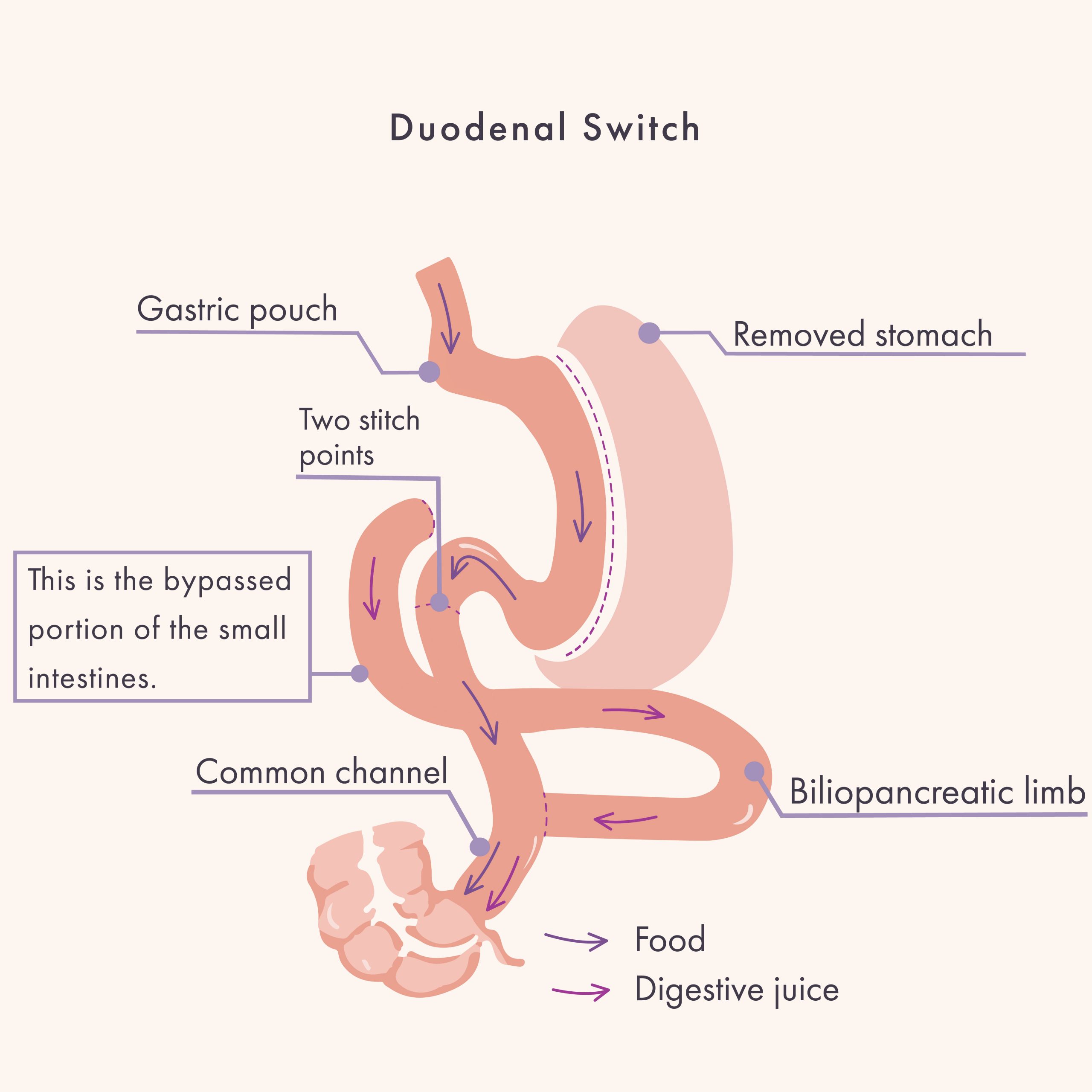Look out for cheap pricing

Many bariatric centers offer surgery for $3,000 – $4,000 USD. Be careful with these weight loss surgery doctors and hospitals, since the way they manage to reduce their costs is by saving on quality materials.
One clear example of cost-saving measures that can cause post-surgical complications is when bariatric surgery clinics try to save a few dollars by using low-quality staples or too few staples to seal the stomach well enough for a proper recovery.
By neglecting this part, it’s possible that complications arise, and then “cheap is expensive;” that is, patients have to pay for a revision surgery that costs a minimum of $7,000 to $15,000 USD.
We are aware that having weight loss surgery in the US requires a significant financial commitment. Because of this, more Americans are choosing medical tourism and seeking bariatric surgery in Mexico in pursuit of less expensive options. Sadly, inexpensive doesn’t always equal better.
People occasionally travel for bariatric surgery in Mexico in search of lower costs on their weight loss journey. While cheaper costs may be alluring, going for affordable weight loss surgery without due diligence comes with several dangers.
Make sure the clinic is offering patients precise estimations of their bariatric surgery expenses while obeying all laws and regulations. Having a cheaper alternative for a certain bariatric procedure greatly benefits the patients but that doesn’t mean you won’t consider where the costs are being cut.
Hospitals and health systems are currently focusing their strategic efforts on delivering a better patient financial experience—one that enables patients to be more involved in healthcare purchasing decisions and provides transparency into out-of-pocket costs—while also enhancing the financial performance of the hospital.
Doctors certifications

One way to know that the doctor is trained and prepared to perform bariatric surgery is to have a specialization certificate. In Mexico the certificate of specialization looks like this:
Some less-than-reputable doctors may put their certifications on their website without being certified. To verify this, it is necessary for medical tourism patients to view the official records and look for the name of the bariatric surgeon.
A bariatric surgeon’s qualifications can be determined by looking at whether or not they have a certified medical board certification, which indicates that an advisory board has given their approval. It’s possible that picking the correct surgeon will be the most important decision you ever make.
You’ll want to be certain that the surgeon has training and is capable of carrying out the task. Several surgeons have advocated passing the tests issued by a national board of surgeons. Ask about the “board certification” of your medical professional.
Modern medical facilities and a four-star hotel are used by Mexico Cosmetic Center. Our surgeons have years of expertise, are skilled, and are board certified. We offer a reasonable all-inclusive medical tourism price. Choosing bariatric surgery in Mexico for your bariatric surgery.
Make sure that you have selected one of the best bariatric facilities in Mexico. The clinic should have years of experience in the medical tourism sector and have completed hundreds of bariatric surgeries, making it a reputable weight loss surgery provider.
Hospital certifications
Make sure you know where your bariatric surgery will be performed. Look for the name of the hospital and check on their website if they comply with cleanliness, health, and hygiene regulations.
Most experienced bariatric surgeons are employed by one or two accredited hospitals. Find out where your medical team will perform weight loss surgery and how frequently that location performs the same bariatric procedure. According to research, people frequently recover better from surgery in accredited hospitals and facilities that have more experience doing the bariatric procedure.
When researching medical tourism options, ask questions and take precautions because receiving medical care overseas has additional risks. Verify the credentials of the Mexico weight loss surgery providers you’re considering. Do your research on the hospital, as its standards might not be the same as those a demanding hospital accreditation agency asks of healthcare facilities in the United States.
These criteria and more can be used to compare hospitals. How did other patients feel about their time in the hospital setting? How successfully did the medical team interact with weight loss surgery patients and deal with pain management?
It’s important to know if your chosen Mexico bariatric surgery clinic complies with global standards with a patient-centered approach, medical care planning, and international patient safety objectives.
An American patient researching medical tourism may feel more at ease knowing that a doctor or hospital offering weight loss surgery in Mexico is reputable and offers the standard of treatment they are used to receiving. This can be verified through proper research into the clinic’s accreditation.
Infection and mortality rate
One of the most important pieces of information you should ask about your chosen Mexico weight loss surgery clinic is their mortality and infection rate. If the person contacting you from the clinic doesn’t know these numbers, it is a red flag. Don’t put your life in danger.
Serious problems during or after bariatric surgery in Mexico are always a possibility. However, medical facilities with skilled, organized, and effective staff swiftly identify these patient safety issues and administer prompt treatment. Even though some deaths may be unavoidable, greater complication-related death rates could indicate that patients weren’t closely monitored following surgery or that no effective measures were taken.
By selecting a bariatric surgeon who has had thorough training and experience in executing the treatment, you can reduce the dangers associated with weight loss surgery in Mexico. You can ask the doctor about his or her experience with the treatment or procedure, the number of times they’ve done it, and their track record for both success and complications.
Some of the follow-up questions you should consider when choosing a bariatric surgery clinic to carry out your procedure are: how frequently does the hospital administer the suggested therapies for some common ailments, including surgery, and others such as pneumonia, asthma, heart failure, and heart attacks.
A key element that should be considered is if the hospital is cautious about performing enough and proper tests on bariatric surgery patients. Find out how each hospital makes use of its facilities, equipment, and professional personnel, for example how they manage outpatient imaging procedures like CT scans and MRIs.
Hidden fees for bariatric surgery
When reviewing a quote for medical tourism, ask if the sale price they are offering is the final price or if there are other bariatric surgery expenses you should consider. It may be that they are offering a very cheap price for medical services because they don’t include the stay or transportation to the hospital. This brings us to the next point:
Facility fees. There may be a medical facility fee that easily runs into the hundreds of dollars if you receive a medical test in a doctor’s office run by a hospital. What exactly are you purchasing? These increased costs come from charges made by the hospital. After a procedure, you generally won’t be able to negotiate the price for medical bills, but if you learn about this fee in advance, you might be able to avoid it.
In some hospitals, a staff member is lower on the totem pole than a doctor. They might examine you while the doctor is still present to watch over the process. Therefore, you receive a charge from the doctor and the certified registered nurse. This frequently does not occur as intended, and while your insurance should notice these errors, you should also be cautious.
Overcharges. Being billed for a treatment at a price greater than most hospitals do is exactly what it sounds like. Another example of an overcharge would be paying for a brand-name medication when a generic equivalent was available.
Rogue fees. Patients may find charges for incorrect goods like gloves that ought to be included in the operating room price. A toothbrush or comb, which should be included in the price of your hospital stay, could also be billed to you.
Charges for time. Most insurance plans won’t permit you to be charged for the time you were in your room on the day you were released. You might succeed in claiming that a hospital shouldn’t charge you for the several hours you were there that morning, similar to how a hotel wouldn’t.
Working toward having a clear understanding of the general workaround of the clinic’s fees and services and how your insurance coverage might help will greatly impact how you feel about the doctors and the bariatric surgery clinic in general.
You might have to pay more if you choose to use a hospital, surgeon, or specialist who is not covered by your medical health plan. Or if you’ll need to fulfill any requirements, such as additional forms or charges levied before you receive care or once you leave the hospital.
All-inclusive Mexico weight loss surgery medical tourism package
Ask if the Mexico weight loss surgery clinic offers this type of package, because if you are traveling for a medical procedure, ideally they should take care of all the logistics so you don’t have to worry about travel-related complications.
You can experience industry-leading quality care for a fraction of the price of bariatric surgery in other countries by deciding to come for bariatric surgery in Mexico.
If you purchase an all-inclusive weight loss surgery package, you will always pay the same fixed amount. Therefore, you won’t be required to pay any more expenses if you need additional tests or procedures that weren’t included in your initial bariatric surgery treatment plan. Your all-inclusive medical tourism plan handles it.
Your past medical history and present general health will determine if you qualify for an all-inclusive medical tourism package. At your initial consultation with your consultant, this will be a topic you will discuss.
Without sacrificing the level of care and quality provided to our patients, we want to make your bariatric surgery procedure as simple as we can. As a result, we offer packages for all-inclusive weight loss surgery in Mexico to support our patients. The price is the only significant difference. Therefore, always choose an all-inclusive medical tourism bundle.
With every bariatric surgery patient having a different body shape and set of needs, it is challenging to determine fixed pricing for bariatric surgery in Mexico. Thankfully, we make things simple for you.
A modern hospital and four-star hotel or a recovery boutique should be used by the clinic of your choice. Our surgeons have years of expertise, are skilled, and are board certified. We offer a reasonable all-inclusive medical tourism price, not just for post-bariatric surgery patients, but for all medical tourists in need of affordable, high-quality cosmetic and plastic surgery solutions.
Results matter

When reviewing weight loss surgery results, the most important thing is that they also have success stories of past patients who have already undergone weight loss surgery in Mexico with that clinic.
Good testimonials from past patients will also give you an idea of what their experience has from the moment they arrived until months after the bariatric surgery to know if the clinic offers good results.
A good weight loss surgery clinic should maximize the value for patients by delivering the greatest results at the lowest cost. The only accurate indicators of quality in value-based care are patient-relevant outcomes. Results are further improved when they are measured and reported by the clinic because this encourages progress and the implementation of best practices.
The level of treatment offered by hospitals varies. When a hospital gives you the care and treatments that are known to produce the best results for your situation, they are giving you high-quality care. Do they review options for gastric sleeve surgery, gastric bypass surgery, lap band surgery, and other procedures that could be relevant? Receiving high-quality medical attention could aid in your recovery and prevent other issues.
Did most patients improve? Learn how hospital mortality rates for specific diseases compare to the other medical tourism clinics you’ve selected, or to the national average of the country you are seeking for any recurrences, complications, and mortality rates.
Given that individual experiences with primary care varied due to variations at the facility level, quality improvement initiatives at facilities offering surgery in Mexico may improve those experiences. The correlation between individual traits and experience ratings emphasizes the importance of patients’ expectations of care as well as the possibility that doctors’ treatment of patients has an impact on the experience.
Professional advice

There are many weight loss procedures, such as gastric sleeve surgery, gastric bypass surgery, etc. You must receive counseling from an expert on which procedure to lose weight is recommended for you, or if you already have a preference, confirm with the surgeon if you are a candidate for that procedure.
Keep in mind that you will be able to obtain the care you require from the healthcare system if you have more knowledge of how it works. You’ll benefit from better health, well-being, and quality of life if you can learn how to acquire the appropriate healthcare and steer clear of the wrong healthcare.
When you understand what is happening and are involved in making decisions about your weight loss surgery in Mexico, you can find a treatment that will work best for you. Make sure you are aware of what your treatment entails and what it will and won’t accomplish. Ask for both the doctor’s instructions in writing, and don’t hesitate to ask questions.
Every individual has particular health demands, and as people age, those needs change. Inquire about the specialties and interests of your medical professional. If you are not a dedicated athlete, consulting a medical professional who specializes in sports medicine might not be the best option. Likewise, it’s to keep your search criteria in the procedures and professionals that are experienced in the procedure that you want. For example, if you’re looking at gastric sleeve surgery, ask whether your prospective surgeon specializes in that.
Ask your doctor if any other therapies might be effective if the suggested treatment causes you discomfort. Ask the doctor whether there are any less expensive options available, for instance, if cost is an issue. The physician can collaborate with you to create a treatment strategy that addresses your needs.
In some cases, you would want to explain to your doctor some concerns you have or questions. You might not know much about a certain illness. The specialist can describe it to you and how it might impact you and what results you can expect.
If there is anything you don’t understand before you undergo surgery (or after), you can phone your primary physician for clarification or request printed materials to read.
Ask the specialist at the weight loss surgery clinic to advise your primary physician of any diagnosis or treatment. This enables your primary care physician to monitor your medical care. At your next appointment, you should also inform your primary physician of the effectiveness of any therapies or medications the specialist advised.
Follow-up program
To achieve the result you want, you must go with an expert. Ask the clinic if they offer a follow-up program as part of their medical tourism offerings. This ensures that they really care about the results of their patients and not don’t just do the largest possible volume of surgeries per year.
Keeping up with patients or checking on their progress since their previous appointment is known as follow-up. An appropriate follow-up can assist you in finding misunderstandings, providing information, doing additional assessments, and adjusting treatments. Additionally, follow-up aids in creating a positive professional relationship between you and your patients.
You might need to schedule follow-up appointments, testing, or specialist visits after your visit. Before you leave the clinic, while it’s still fresh in your memory, make these appointments. When results are available, send your doctor a message if you need assistance understanding them or to find out what to do next.
The medical system might be challenging to understand. One thing you can do to have a better experience—and better health outcomes—is to take charge of your doctor visits.
The clinic or your doctor should decide on doing a follow-up, on the following points. Monitoring your health, reinforcing any information and making plans to continue your treatment, scheduling future appointments, verifying through any follow-up referrals, and sharing any lab results with you.






